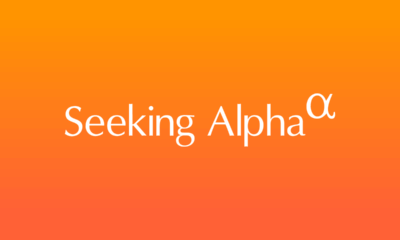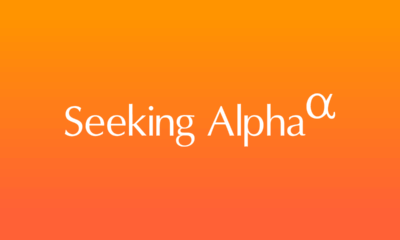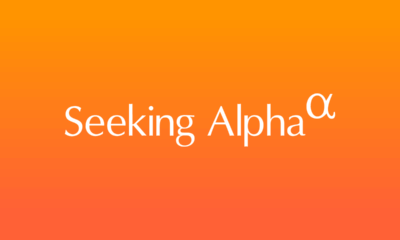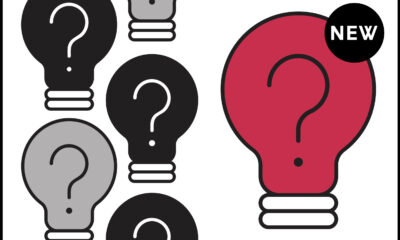World
Alassane Ouattara Launches Bid for Fourth Term in Ivory Coast
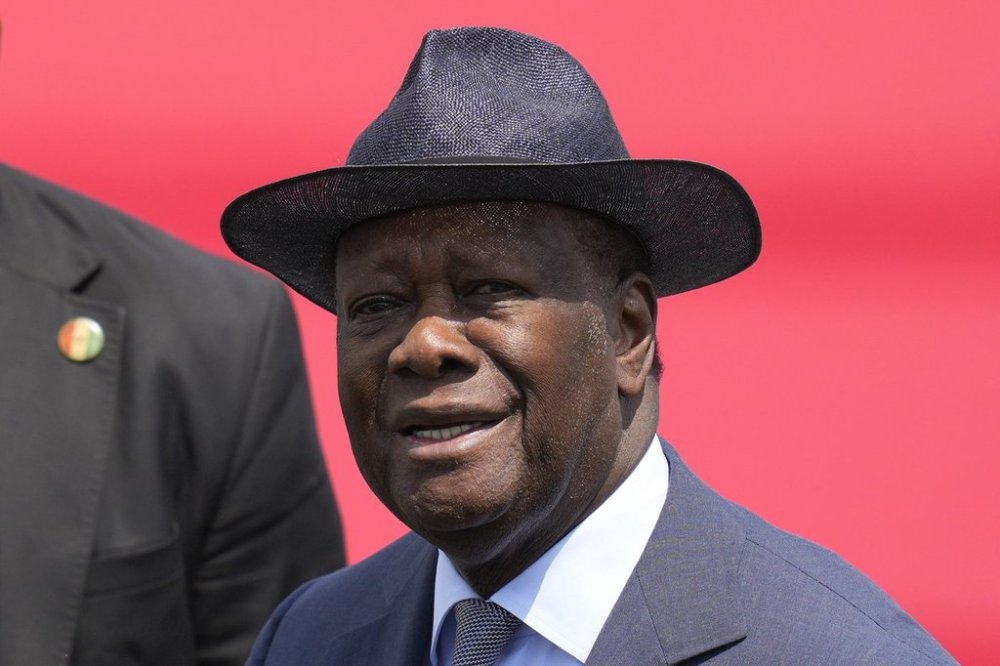
The president of Ivory Coast, Alassane Ouattara, has officially announced his intention to seek a fourth term in the upcoming elections scheduled for October 2023. His candidacy has sparked controversy due to recent changes in the nation’s constitution, which reset the presidential term limits, allowing him to run again.
Constitutional Changes and Political Landscape
Ouattara’s decision to pursue another term follows a constitutional amendment passed in 2020, which critics argue undermines democratic principles. This amendment effectively reset his prior terms, enabling him to run again despite originally pledging not to seek a third term in 2020. The opposition has voiced strong objections, asserting that the amendment violates the democratic framework established after years of political turmoil in the country.
As the elections approach, political tensions are rising. Several opposition leaders have condemned Ouattara’s move, calling it a “power grab.” They argue that his administration has not adequately addressed pressing issues such as economic instability and youth unemployment, which have been persistent challenges in Ivory Coast.
Reactions and Implications
The announcement of Ouattara’s candidacy has elicited mixed reactions from the public and political analysts. Supporters argue that his leadership has brought relative stability to Ivory Coast since the civil unrest of the past decade. Conversely, detractors caution that his continued presidency could exacerbate divisions within the nation.
“The country needs a change in leadership to address the deep-rooted issues affecting the populace,” stated opposition leader Henri Konan Bédié.
As the political landscape evolves, the international community is closely monitoring the situation. Observers are particularly concerned about the potential for unrest during the election period, especially given the history of electoral violence in Ivory Coast.
With just months to go before the elections, the focus will be on how Ouattara’s administration handles the growing dissent and whether the electoral process will be perceived as fair and transparent.
The political climate in Ivory Coast remains fluid, with many citizens eager for reform and a government that prioritizes their needs over political ambitions. As the October elections draw near, the stakes are high for both Ouattara and the future of the nation.
-

 World3 months ago
World3 months agoScientists Unearth Ancient Antarctic Ice to Unlock Climate Secrets
-

 Entertainment3 months ago
Entertainment3 months agoTrump and McCormick to Announce $70 Billion Energy Investments
-

 Lifestyle3 months ago
Lifestyle3 months agoTransLink Launches Food Truck Program to Boost Revenue in Vancouver
-

 Science3 months ago
Science3 months agoFour Astronauts Return to Earth After International Space Station Mission
-

 Technology2 months ago
Technology2 months agoApple Notes Enhances Functionality with Markdown Support in macOS 26
-

 Top Stories1 week ago
Top Stories1 week agoUrgent Update: Fatal Crash on Highway 99 Claims Life of Pitt Meadows Man
-

 Sports3 months ago
Sports3 months agoSearch Underway for Missing Hunter Amid Hokkaido Bear Emergency
-

 Politics2 months ago
Politics2 months agoUkrainian Tennis Star Elina Svitolina Faces Death Threats Online
-

 Technology3 months ago
Technology3 months agoFrosthaven Launches Early Access on July 31, 2025
-

 Politics3 months ago
Politics3 months agoCarney Engages First Nations Leaders at Development Law Summit
-

 Entertainment3 months ago
Entertainment3 months agoCalgary Theatre Troupe Revives Magic at Winnipeg Fringe Festival
-

 Politics1 week ago
Politics1 week agoShutdown Reflects Democratic Struggles Amid Economic Concerns

